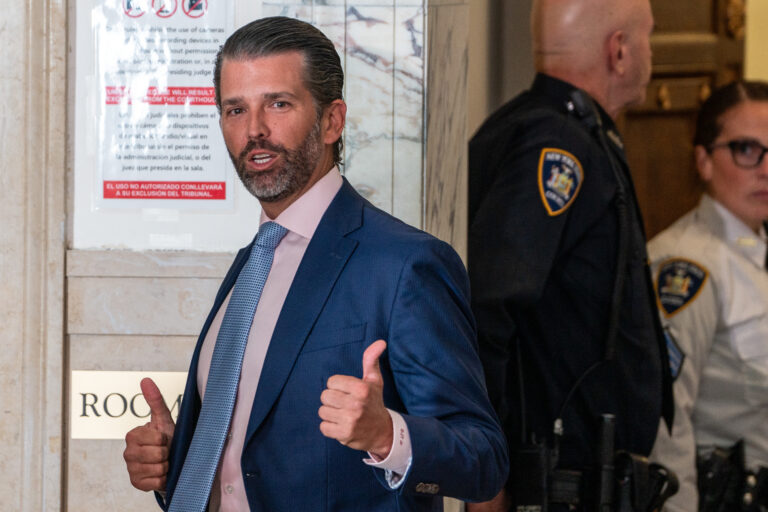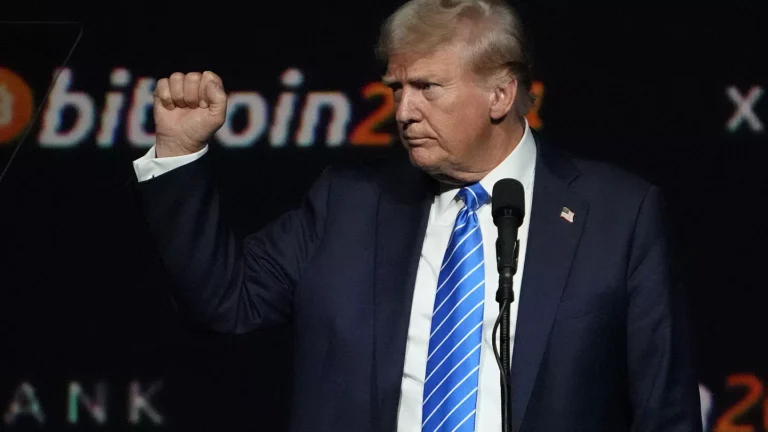Discusses the perceived threats to cryptocurrency posed by the Biden-Harris administration and their policies. He argues that the current leadership’s approach is damaging America’s innovation sector, particularly the crypto and blockchain industry, through excessive regulation and government overreach. Rogers believes that these actions are driving crypto companies offshore, making it harder for law enforcement to manage and protect American interests. He emphasizes that crypto embodies American values of privacy, liberty, and freedom from big government intrusion, and warns that if the U.S. does not take a leading role in crypto innovation, it risks falling behind competitors like China, which are advancing their own digital currencies and influencing global markets.
Rogers highlights the importance of maintaining the dollar’s status as the world’s reserve currency, pointing to China’s efforts to undermine this through initiatives like the Belt and Road and the Digital Yuan. He underscores the necessity for the U.S. to foster an environment where private, decentralized crypto innovations can thrive, rather than adopting a centrally-controlled digital currency like China’s CBDC, which he views as a tool for financial surveillance.
He criticizes prominent Democrats like Senator Elizabeth Warren for their stance on crypto, accusing them of fear-mongering and misrepresenting the risks associated with digital currencies. Rogers asserts that crypto’s transparency makes it easier to trace illicit activities compared to traditional banking systems. He calls for clearer, supportive regulations that encourage innovation while ensuring security, advocating for a balanced approach to legislation that protects American interests and fosters economic growth.
Finally, Rogers pledges to work towards these goals if elected to the Senate, arguing that embracing crypto and blockchain technology is crucial for maintaining America’s economic leadership and national security. He positions himself as a forward-thinking candidate who values technological advancement and innovation, in contrast to what he sees as the outdated and restrictive policies of his opponents.



